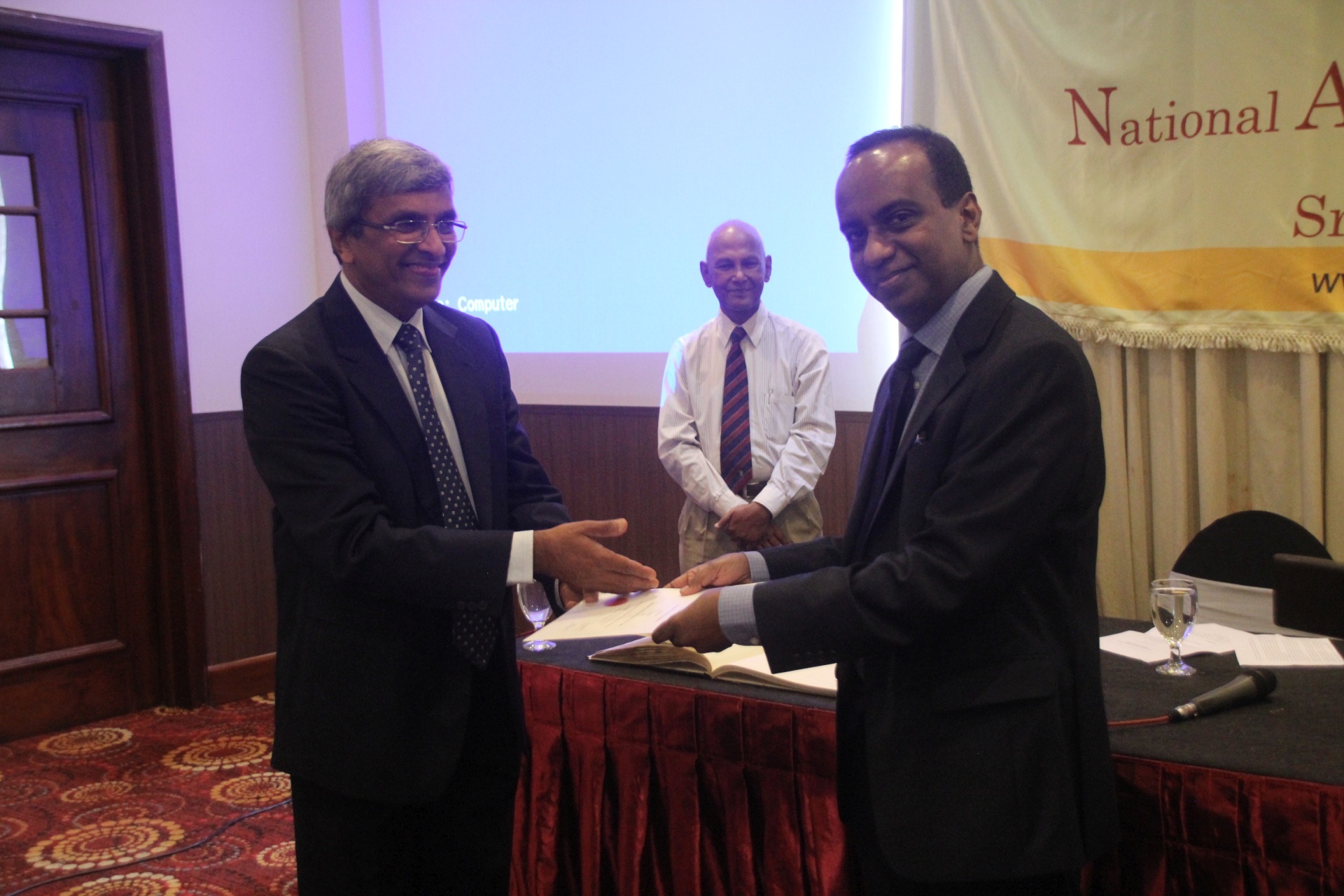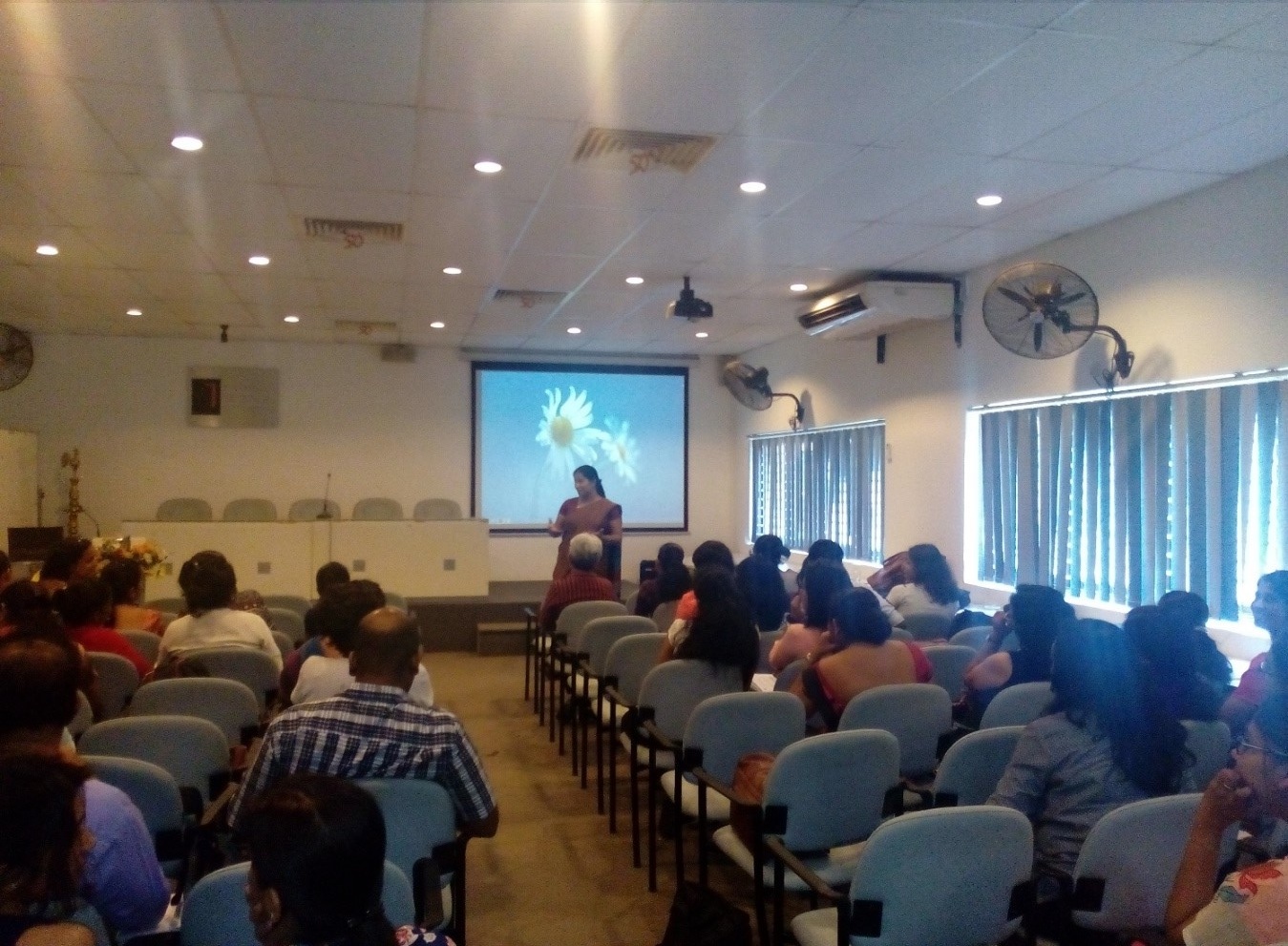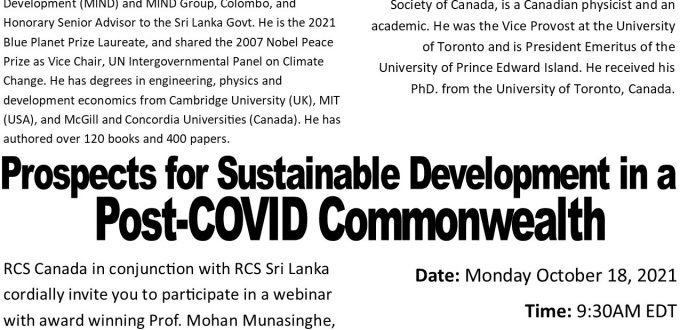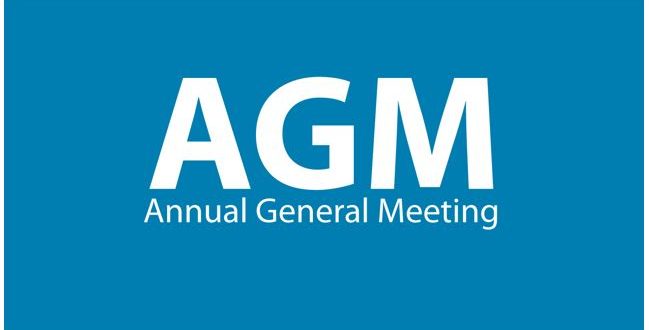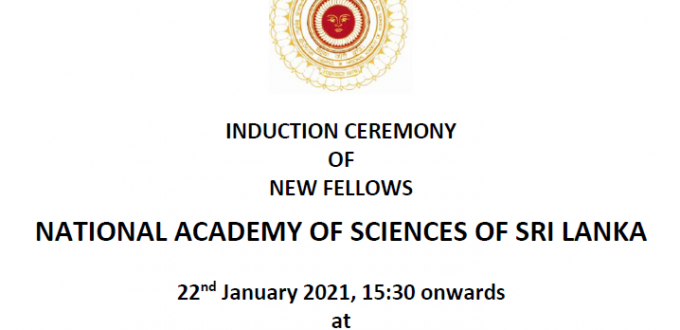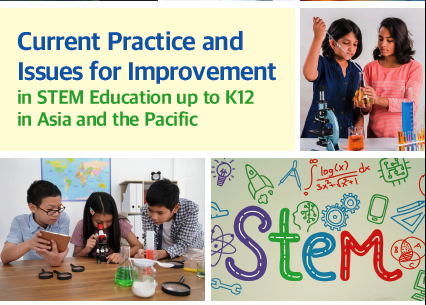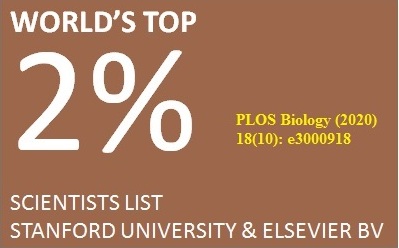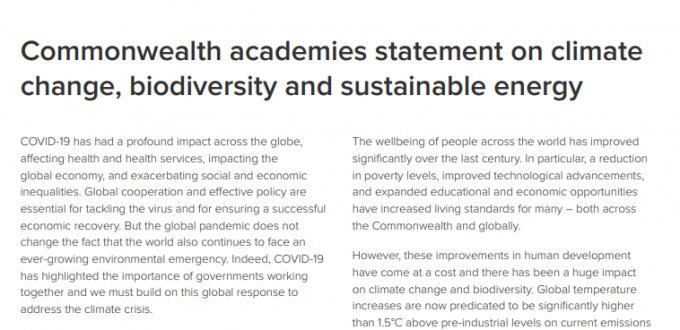The induction ceremony of Fellows elected in 2020 was held at 4:00 pm on Friday 22 January 2021 in “hybrid” mode, chaired by the President, Professor Priyan Dias. Only a small group of participants were present at the National Science Foundation Board Room, but a much larger number joined online.
There were four new Fellows inducted, namely Professor Sarath Abeykoon, Professor Saroj Jayasinghe, Professor Ranjith Senaratne and Dr Sirimal Premakumara. Of them, Dr Premakumara was elected a year earlier but could not participate in the corresponding ceremony. He was also the only inductee who was physically present. All the inductees, who were introduced by their proposers, presented brief accounts of their work.
The guest speaker for the event was Professor Sasanka Perera, a professor of sociology at the South Asian University. He spoke on the topic “Science, Belief and State Policy: Towards a Necessary Exercise in Discursive Disentanglement?”, using recent Sri Lankan (pseudo?) science related controversies as case studies, namely the Glyphosate ban, Ravana myth and “Dammika Peniya”. The text of his address can be found here; it was also published in the Daily Island.
